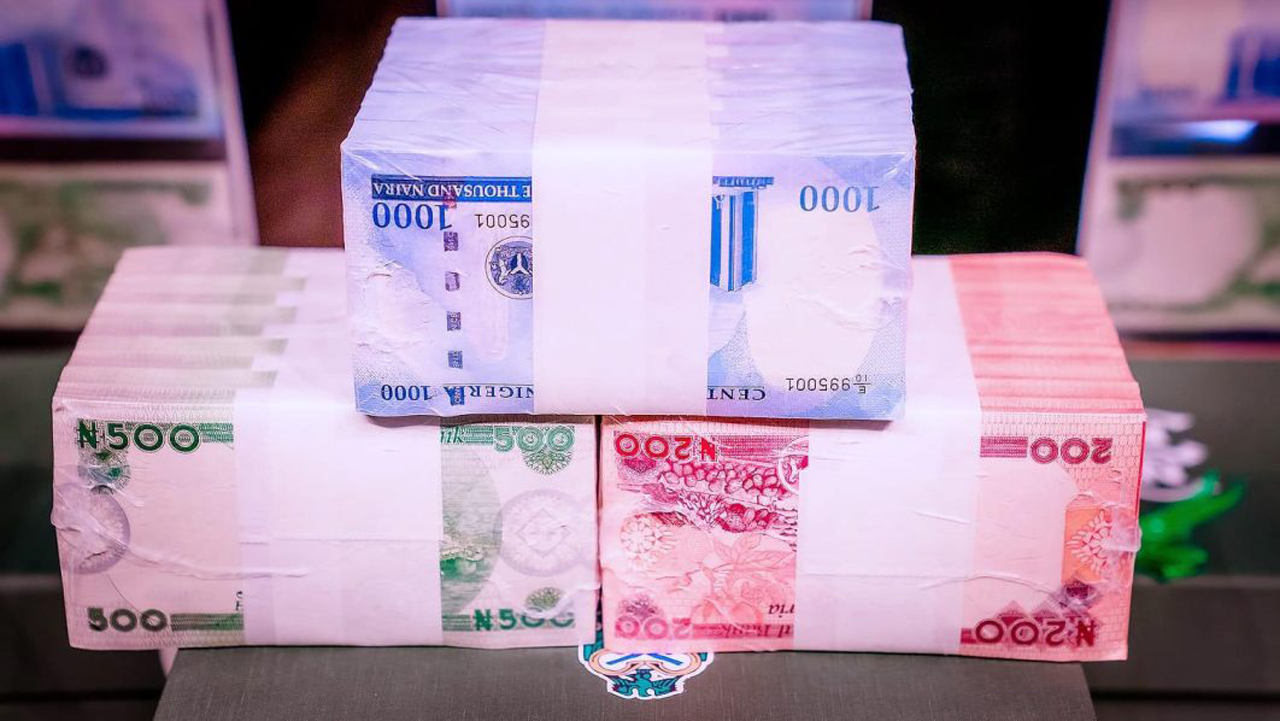MAHMUD JEGA FROM THISDAY
In 1940, at the height of the Battle of Britain during World War Two, BBC started a daytime radio programme of continuous live popular music called Music While You Work. It was meant to ameliorate the stress of factory workers monotonously engaged in war production. The stress from waiting for results from last Saturday’s presidential election is as unbearable as the Brits’. Everyone is asking everyone else for any piece of election results, which makes it a boom market for fake news, concocted results and selective posting of results. Maybe there are music programs on some radio channels designed to ease the wait, but too many people are too engrossed with the search for results on social media to have much time for music.
In my cumulative 13 years as editor of four different newspapers, I knew that an editor dreads the period between voting and release of election results. Since Nigerian elections usually hold on Saturdays, the editor of a Saturday paper has his job cut out for him. His or her banner headline could be, “All set for today’s polls,” “Nigerians elect a new President today” or, if the editor wants to be cheeky, the headline could be, “Fear of violence could mar today’s polls.”
The editor of a Sunday paper has a much trickier task. Reporters spend most of their election day reporting on hitches such as late arrival of election materials, violence at some polling booths, low or high turnout of voters, glitch in card reader or BVAS etc. Radio, television and online newspapers are best placed to report these as they happen but by Sunday morning, these are stale news for a newspaper. All that readers want to hear are the election results, and most of these are usually not available by the time an editor has to sign off his newspaper at, latest, midnight. That is because you have to give time for the printers to print the paper, for the circulation people to roll and pack them for distribution to various locations, for drivers to deliver them to those cities and towns, for the distribution agents to unroll and hand them over to vendors, and for the vendors to hit the streets.
If the news is big enough however, an editor could wait. During my days as editor of New Nigerian, I often waited until 3am when negotiations were going on between government and NLC leaders to call off a strike over fuel price increase. During the American presidential elections of 2008, when I was editor of Daily Trust, I held on to the paper until 5am when California’s result would come in and finally confirm Barack Obama’s historic victory. On a day like that I didn’t bother about hitting the streets early because, from my office window, I saw nearly 100 vendors massed at the gate, waiting for the newspaper. Same thing happened the night President Umaru Yar’adua died in 2010.


